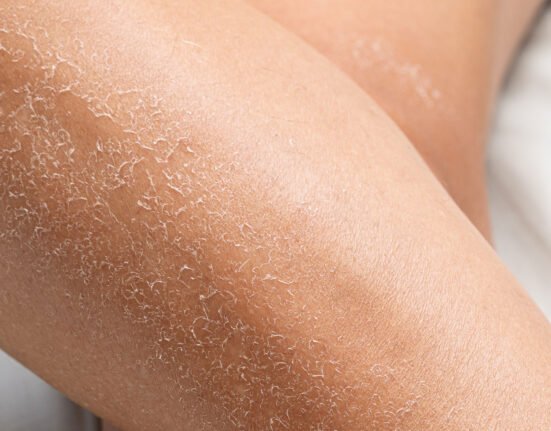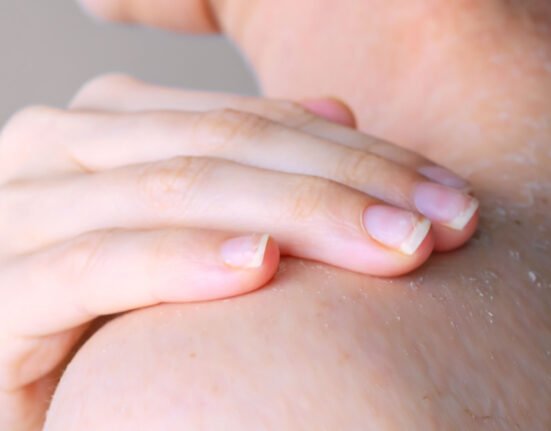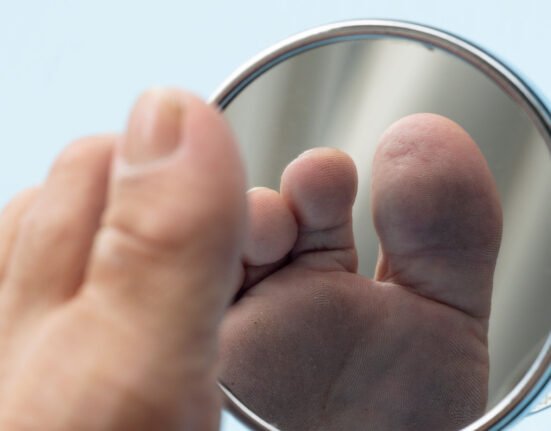In the midst of busy daily routines, many women often overlook the importance of properly caring for their intimate area. However, neglecting this can lead to vaginal infections, urinary tract infections (UTIs), and even affect fertility and reproductive health.
The intimate area is a very sensitive part of the body, so it should never be overlooked. One of the most important keys to caring for this area is maintaining the vaginal pH balance.
Normally, the vagina has a slightly acidic pH. However, this balance can be disrupted by several factors, such as unsuitable cleansing products or the presence of foreign substances. When this happens, it may cause symptoms such as itching, irritation, or even pain.
Tips for Caring for the Intimate Area

1. Shower regularly
Taking regular showers helps maintain overall body hygiene, including the intimate area. Avoid using too much soap, as it can disturb the natural flora.
2. Clean the intimate area gently
Use clean water and a mild, pH-balanced cleanser to wash the intimate area, especially during menstruation or in hot weather. Avoid douching, as the vagina can clean itself naturally.
3. Wipe in the right direction
After using the toilet or showering, wipe from front to back (from the vagina to the anus) to prevent bacteria from entering the urinary tract.
Do the same after sexual intercourse, and always wash your hands with soap afterwards. Avoid high-pH soaps, as they can disrupt the vagina’s natural balance.
4. Change underwear regularly
Choose cotton underwear, as it absorbs sweat easily. Change your underwear after exercising or whenever it feels damp. If you experience heavy discharge, change it more often.
5. Maintain hygiene during menstruation
Change pads every 4–8 hours, tampons every 8 hours at the latest, and don’t forget to change your underwear daily. This not only keeps you comfortable but also prevents odor and infection.
Avoid using scented feminine products. Sprays, bubble baths, or scented pads can trigger irritation and yeast infections.
6. Be cautious in public restrooms
The risk of infection is higher in public toilets. Use portable disinfectant sprays or toilet seat covers for extra protection.
7. See a doctor if you have symptoms
If you notice itching, pain, swelling, or redness in your intimate area, consult a doctor promptly for the right treatment.
Common Mistakes in Intimate Area Care

1. Washing too often or using harsh soaps
While hygiene is important, washing too frequently can strip natural oils and disturb the sensitive pH balance. This may cause dryness and irritation. Strong, scented soaps may also trigger allergic reactions or irritation.
2. Using scented products
Many products, such as powders, wipes, or feminine hygiene sprays, contain fragrances meant to mask odors. However, these chemicals actually disrupt natural bacterial balance and pH levels, interfering with the body’s natural cleansing process.
3. Not changing pads regularly
It’s recommended to change pads every 3–4 hours, or more often if menstrual flow is heavy. Leaving them on too long can encourage bacterial and fungal growth, leading to itching, irritation, odor, and infections.
4. Wearing panty liners every day
Although panty liners can help absorb normal discharge, daily use can block airflow to the intimate area.
This creates excess moisture, which promotes bacterial growth. As a result, irritation, odor, or even infections may occur.
Caring for the intimate area is not only about hygiene but also an essential part of maintaining reproductive health.
With proper care, you can prevent infections, stay comfortable during menstruation, and support your overall well-being.
References
Bloom Obgyn. Accessed in 2025. Vaginal Hygiene: Dos and Don’ts.
Medical News Today. Accessed in 2025. Your guide to understanding Vaginal pH balance
National Library of Medicine. Accessed in 2025. Role of female intimate hygiene in vulvovaginal health: Global hygiene practices and product usage
Neomedix Healthcare. Accessed in 2025. Intimate Hygiene Mistakes Women.
The Royal Women’s Hospital. Accessed in 2025. How can I stay healthy down there?








Leave feedback about this